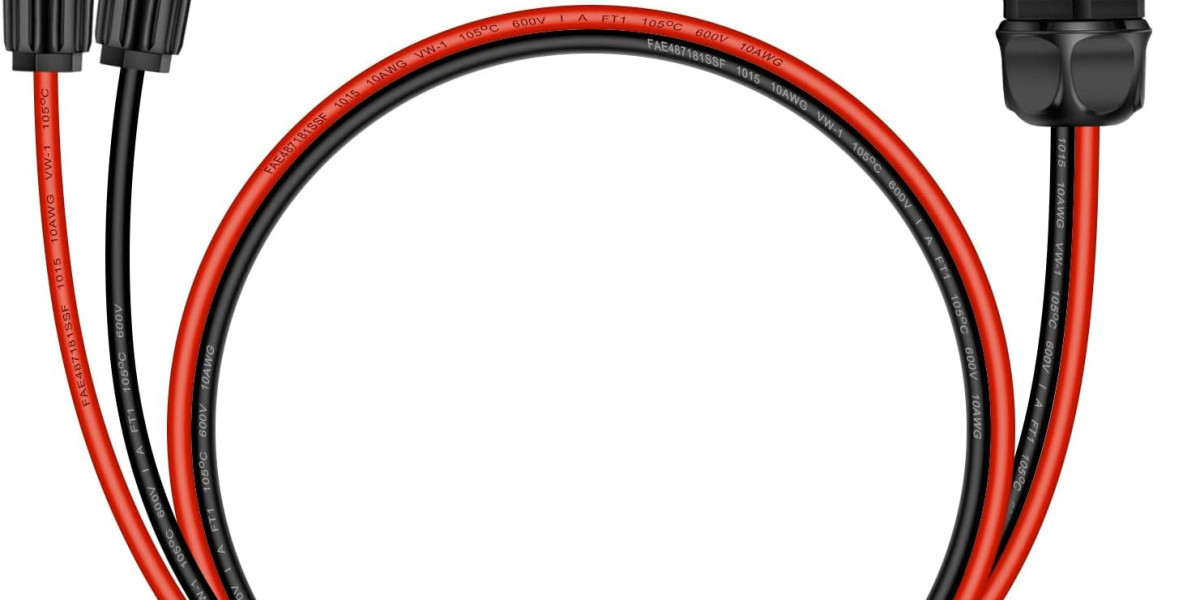Here’s a helpful guide-style article titled “How to Choose the Right Solar Adapter for Your Needs”, designed to walk readers through the process of selecting the best solar adapter based on their specific energy setup:
How to Choose the Right Solar Adapter for Your Needs
A solar adapter is a critical component in connecting your solar panels to your power system—whether you're charging portable devices, powering appliances, or feeding into a battery bank. But with so many types on the market, how do you choose the right one?
1. Understand Your Solar Setup
Start by identifying your solar panel’s:
Wattage output
Voltage and current
Connector type (e.g., MC4, SAE, Anderson, DC)
These details are usually found on the back of the panel or in its manual.
2. Match Connector Types
Different devices require different connectors:
MC4 connectors are common for larger, fixed solar panels.
SAE connectors are used in portable setups like solar blankets or car charging.
Anderson Powerpole connectors are popular in RVs and off-grid setups.
DC barrel connectors are often used for charging laptops and small electronics.
Choose an adapter that fits both your solar panel’s output and your device or battery input.
3. Consider Voltage Compatibility
Always match your adapter to the correct voltage range. For example:
12V systems (common in RVs and boats) need adapters rated for 12V input/output.
Incompatible voltage can damage your gear or render the system ineffective.
4. Look at Current Rating (Amps)
Your adapter should handle the current (amperage) your panel can produce. A mismatch could cause overheating or poor performance. Always choose an adapter with a higher amp rating than your panel's output for safety.
5. Portability vs. Durability
If you’re a camper or hiker, go for lightweight, weather-resistant options.
For permanent installations, look for heavy-duty, sealed adapters made for long-term exposure.
6. Check for Built-In Safety Features
Some advanced solar adapters include:
Overload protection
Reverse polarity protection
Voltage regulators
These features can prevent common electrical issues and extend your system's life.
7. Think About Future Expansion
If you plan to add more panels or switch devices later, choose a modular or multi-adapter setup that supports upgrades without needing an entirely new system.
Final Thoughts
Choosing the right solar adapter ensures safe, efficient energy transfer and protects your equipment. Always read your solar gear specs and, when in doubt, consult a solar professional to avoid compatibility issues.
Would you like this formatted for a blog or social media post?



